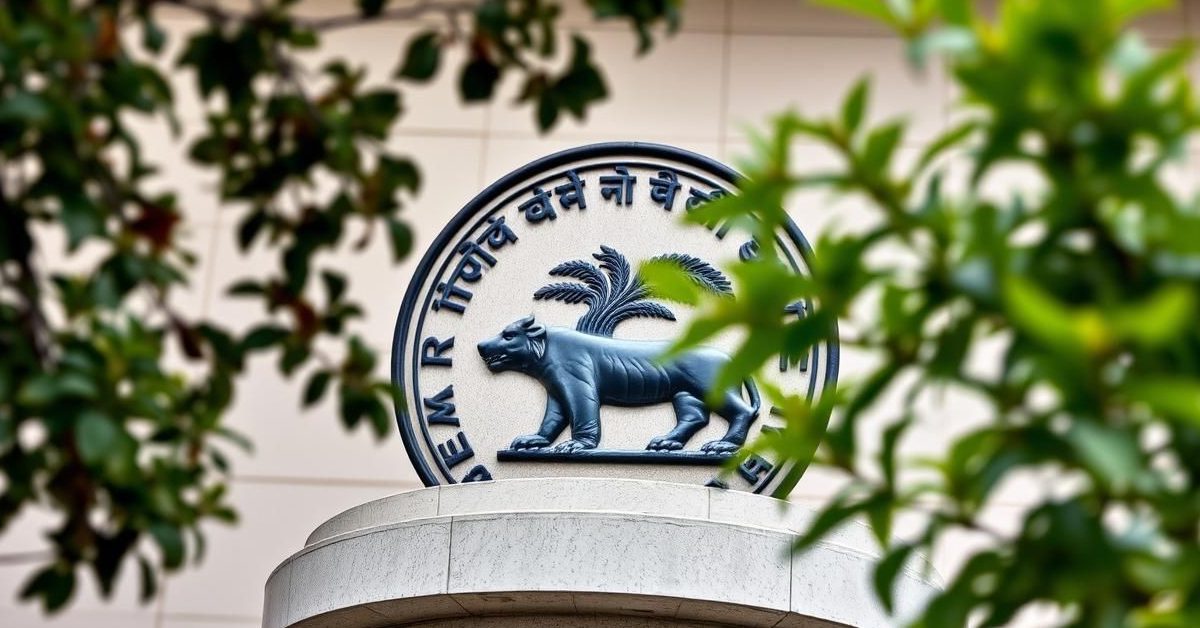India’s Commerce Ministry has been advised against accepting a US proposal on digital taxes in an ongoing trade deal, citing concerns over its one-sided nature.
A Sticking Point in Trade Talks
Indian negotiators are currently in discussions with their US counterparts regarding a comprehensive trade agreement. A key point of contention has emerged concerning a US proposal that would prevent India from reintroducing taxes similar to the ‘equalisation levy,’ often referred to as the ‘Google tax,’ in the future.
Legal advisors to India’s Commerce and Industry Ministry have strongly recommended that Indian negotiators should not accept this specific clause.
Why India is Wary
The primary reason for this advice is that the provisions drafted by the US are seen as a “unilaterally framed obligation.” They seek a legal commitment solely from the Indian side, without similar restrictions or reciprocal obligations for the US.
This raises concerns about fairness, especially given that both India and the US have significant digital service exports to each other’s markets. India’s thriving IT sector, for instance, heavily relies on the US market for a majority of its services export earnings.
Agreeing to such one-sided terms could also set a risky precedent for future trade negotiations, potentially inviting similar demands from other trading partners and complicating New Delhi’s position.
India’s Digital Tax Stance
In a move to ease US concerns, the Indian government had proposed abolishing the 6% equalisation levy on online advertisements, effective April 1, 2025. This was part of amendments to the Finance Bill, 2025.
The equalisation levy was originally introduced to “equalise” the tax treatment of resident and non-resident e-commerce companies. However, the current advice pertains to a broader commitment not to reintroduce such taxes at all, which is a different and potentially more binding issue for India’s future tax policy.
Expert Views on Sovereign Rights
Experts in international economic relations argue that digital taxation typically falls outside the framework of a traditional trade agreement. They believe it is a nation’s sovereign right to decide on such matters.
Including digital taxation within a trade agreement could weaken a country’s ability to set its own tax policies. India is advised to carefully examine digital trade chapters of agreements between the US and other nations, such as Australia, which has reportedly provided carve-outs for US services.
US Concerns on Digital Taxes
The United States Trade Representative (USTR) has consistently voiced concerns about digital services taxes globally. The USTR views many such taxes as discriminatory, arguing they often target US firms while exempting domestic companies engaged in similar lines of business.
The US has also cited issues with the EU’s Digital Services Act (DSA) and Digital Markets Act (DMA), noting their disproportionate impact on US companies due to increased compliance costs not borne by EU competitors.
What’s Next for the Trade Deal?
Differences over digital taxes are significant, especially as India continues to face the risk of 26% reciprocal tariffs from the US. While India and the US have agreed on a wide range of tariff lines for goods, the broader trade negotiations remain stuck on sensitive sectors such as agriculture and automobiles, which are key job creators in India.
Following a recent round of discussions in Washington, a US team led by the US Trade Representative for South and Central Asia is expected to visit India in mid-August to continue these crucial negotiations.
- India’s legal advisors oppose a US digital tax clause in the trade deal due to its unilateral nature.
- The clause would prevent India from reintroducing future digital taxes like the ‘Google tax.’
- India views this as undermining its sovereign right to tax and setting a risky precedent.
- The broader India-US trade negotiations are ongoing, with digital taxes being a key sticking point.
The outcome of these negotiations on digital taxes will be crucial, not just for the bilateral trade deal but also for defining the future of digital economic policies between the two nations.














